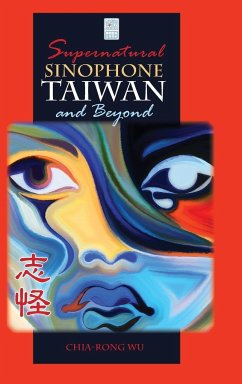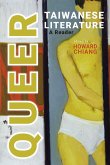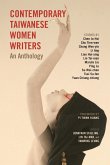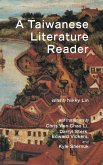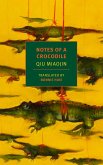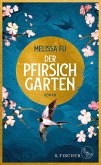"This book examines some interesting, significant types and aspects of Sinophone Taiwan fiction, as well as a number of prominent writers and representative works. Focusing on the narratives of the strange, it connects the trope of ghost haunting with Taiwan's complex ethnoscapes and historical, colonial trauma. In addition to investigating 'ghost island' narratives, it explores literary representations of magical nativism--including magical localism and translocalism. It offers an excellent, timely study on the important but understudied Sinophone Taiwan literature." -Yenna Wu, Distinguished Teaching Professor and Professor of Chinese and Comparative Literature, University of California, Riverside "This book travels in a new direction in Taiwanese fiction studies. Through the theme of 'ghost,' this book links various historical phases, landscape features, and ethnic relations in response to the transformation of Taiwan's social environment and aesthetics of fiction. With a thought-provoking discourse, this book also provides a pleasurable reading experience." -Ming-ju Fan, Professor and Director of the Graduate Institute of Taiwanese Literature at the National Chengchi University "Writing from and of the margins, Supernatural Sinophone Taiwan and Beyond examines the trope of Taiwan as a ghost island through the lens of zhiguai, the premodern Chinese concept of the strange or supernatural. The focus on marginal and liminal narratives facilitates a Sinophone reading of Taiwanese literature and culture beyond the dominant literary taxonomy of modern Chinese literature. Despite its specific focus, the book surveys Taiwanese literature with a study of texts by authors such as Pai Hsian-yung, Li Ang, Chu T'ien-hsin, Wu He, and Giddens Ko to propose a genealogy of ghost island literature as an alternative way of understanding Taiwan as a nation. This first single-authored book on Sinophone Taiwan, which intellectually treads on untouched terrains of a unique literary tradition, is a very welcome addition." -E.K. Tan, Associate Professor of Comparative Literature and Cultural Studies, Stony Brook University; and author of Rethinking Chineseness "In Supernatural Sinophone Taiwan and Beyond, Chia-rong Wu argues convincingly that the modern zhiguai genre offers Taiwan writers a way of engaging internal difference-particularly as it pertains to gendered and ethnic difference, as well as sites of historical trauma-while at the same time imagining modern Taiwan as a site of difference within a broader Chinese, or Sinophone, cultural imaginary" -Carlos Rojas, Associate Professor of Chinese Cultural Studies, Women's Studies, and Arts of the Moving Image, Duke University See http://www.cambriapress.com/books/9781604979213.cfm to read excerpts and for more information.
Hinweis: Dieser Artikel kann nur an eine deutsche Lieferadresse ausgeliefert werden.
Hinweis: Dieser Artikel kann nur an eine deutsche Lieferadresse ausgeliefert werden.

